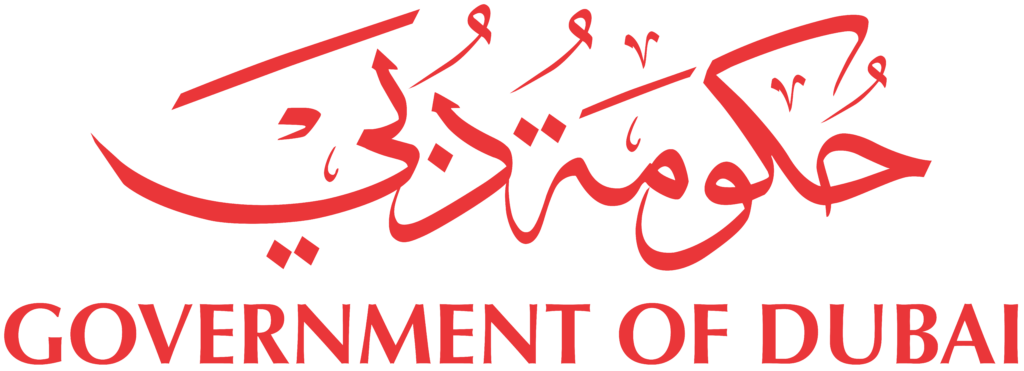Takaful, or Islamic insurance, is a cooperative system based on the principles of mutual assistance and shared responsibility, aligning with Shariah law. Unlike conventional insurance, Takaful emphasizes risk-sharing rather than risk transfer, making it an ethical and socially responsible financial solution.
The market impact of Takaful has been significant, particularly in regions with a strong demand for Shariah-compliant products. It not only provides an alternative to conventional insurance but also fosters financial inclusion by catering to individuals and businesses seeking ethical insurance solutions. However, its growth is influenced by factors such as regulatory frameworks, consumer awareness, and market competition.
Program Objectives:
• Understand the fundamental principles and concepts of Takaful.
• Explore the differences between Takaful and conventional insurance models.
• Analyze the market dynamics and growth potential of the Takaful industry.
• Assess the regulatory and Shariah-compliance requirements for Takaful operations.
• Examine the impact of Takaful on financial inclusion and ethical finance.
• Evaluate the challenges and opportunities in expanding Takaful offerings.
• Study real-world examples of successful Takaful models and their market impact.
• Develop strategies to enhance the adoption and effectiveness of Takaful in various markets.
This program equips participants with a comprehensive understanding of Takaful and its role in shaping the insurance industry, enabling them to contribute to its growth and integration into global financial systems.


